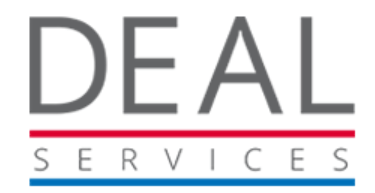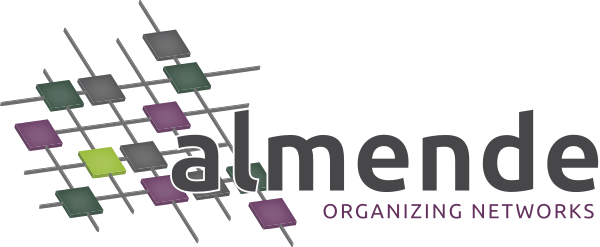
Distributed Engine for Advanced Logistics
Duration: 04/2002 – 04/2006 Funding: Programme E.E.T. of Senter Novum
DEAL
The aim of DEAL has been to speed up negotiations between different parties by using representation through software agents, increasing the number of examined alternatives as a result. The use of software agents also allow for an unlimited number of stakeholders to take part in negotiations, generating an overall optimal solution. With a higher level of detail of the information used in negotiations, such as specific location and remaining driving time, a better deal can be offered.
Reducing the percentage of empty trucks has a significant effect on the environment as well. The amount of goods being moved remains the same, but the necessary mileage is strongly reduced. This leads to less CO2 emission, which contributes to the realization of the Kyoto treaty commitments. A side effect of the reduction in transportation movements is the improvement of mobility as a whole.
DEAL is a research project depending on the collaboration between commercial and research parties. Within the present consortium, wide experience is present on both the technological aspects and the market in focus. The ambition of the consortium is to apply the attained knowledge on a broad scale in products destined for the national and international logistic services.
Contribution
In the DEAL project, Almende focused on the development of a new agent platform, and the design of the individual agents. This platform emphasized distributed representational agents: all actors (trucks, containers etc.) are represented by software agents and distributed locally among these actors. In this way, people or organizations are able to create, programme and interact with their own agents locally, increasing trust and acceptance of the introduced system. Communication between agents is done through internet. A next step was to integrate the agent-platform in existing logistic settings (e.g. DLG). Almende developed methods to generate and initialize an agent-platform from a single XML file. On their turn agents can use this same XML file to send messages to. This allows for agents to migrate to other platform, without losing their settings. Implementation in real logistic settings allowed for extensive research into (computer) resource management and agent behavior (e.g. re-scheduling if internal or external circumstances change).
Zooming in on agent behaviour, Almende specifically looked into Dynamic Vehicle Routing Problems. Different algorithms were tested to optimize dynamic planning in case of real-time job arrivals, truck-load pick-ups and deliveries with incidents (e.g. route specific constraints or driver / customer preferences).
Results
More info?
Need specific information regarding the project? Please contact our senior consultant for more information.


